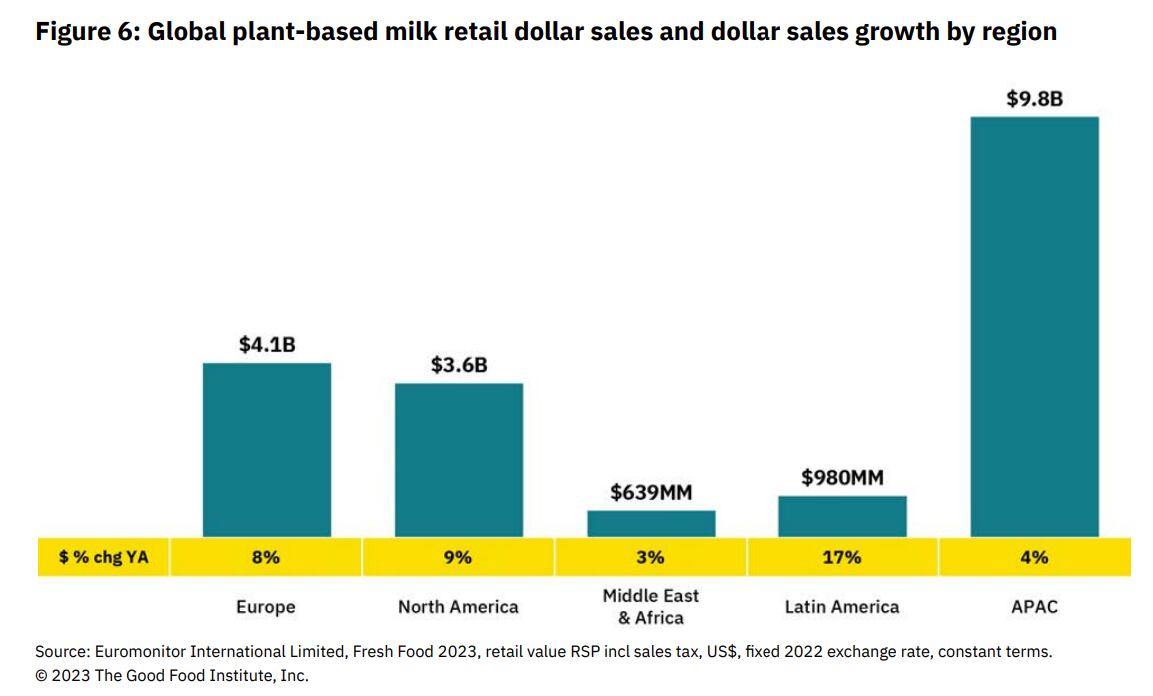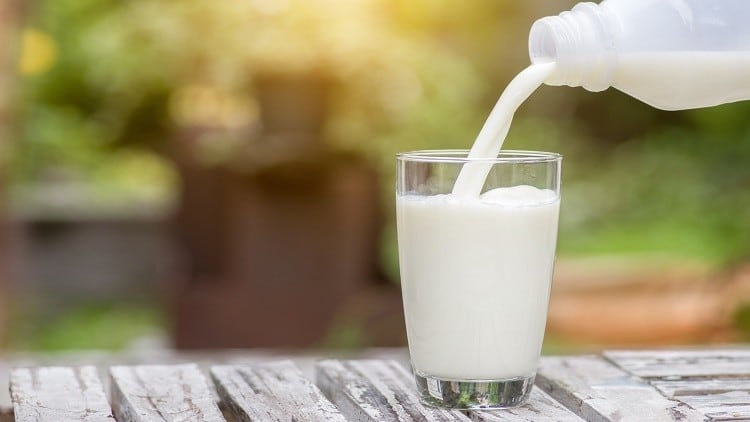Plant-based product labelling has been a major source of contention within the food and beverage sector in markets such as the United States and Europe over the past few years, particularly in the context of plant-based milk and dairy products.

This has been less of an issue here in the Asia-Pacific (APAC) region so far in the growth of the local plant-based industry, and according to industry experts such as Good Food Institute (GFI) APAC Managing Director Mirte Gosker, this is likely due to existing consumer familiarity with such products.
“[Label censorship] has not been a programmatic priority for GFI APAC, as Asian consumers already have deeper familiarity with plant-based milks and the many health benefits they offer,” she told FoodNavigator-Asia, citing soy milk as an example of a beverage that has been traditionally consumed across Asia for many years.
“Asian consumers are wise enough to understand that the ‘milk’ category includes both plant-based products—which have been popular across the continent for centuries—and those derived from animals.”
She added that East Asian cultures in particular do not have as deep a history of cow’s milk consumption as the West, and local consumers now tend to view plant-based dairy as a supplement to a healthy lifestyle rather than a nutritional replacement to cow’s milk.

According to the Euromonitor International Fresh Food 2023 report, APAC emerged as the best-performing region for plant-based milk retail dollar sales at US$9.8bn (compared to Europe at US$4.1bn and North America at US$3.6bn) although year-on-year consumption growth was very incremental at just 4% (compared to Europe at 8% and North America at 9%).
Australia’s MILKLAB concurred with Gosker, with its General Manager of Marketing for dairy and plant-based beverages Serge Costi saying: “[We find that] consumers can navigate the entire range from dairy to plant-based quite easily.”
Top drivers for plant-based milk consumption in the APAC region include: 1) the prevalence of lactose intolerance among Asian consumers – making them receptive to dairy alternatives; 2) environmental consciousness by Gen Z and millennial consumers; and 3) individual taste preference of consumers, e.g., nutty taste of oat milk.
Regulations and standards in APAC
According to Singapore-based Bambara nut product specialist WHATIF Foods, regulatory guidelines in the APAC region tend to centre around product safety and consumer value, rather than labelling and nutrient statements.
“Sometimes, these kinds of requirements are also influenced by non-plant-based players,” Chong Jin Loy, Innovation and Strategy with WHATIF told us.
Costi added that markets here tend to vary more by taste preferences than regulations.
“The usage occasions across South East Asia differ slightly to Australia, especially in the prevalence of cold, mixed drinks as well as acidity levels,” he said.
“So, we’ve spent a lot of time working with international markets to ensure our product maintains high quality when mixed in local markets – tailoring our recipes to make sure they don’t split and still perform well in café-style drinks in Asia.”
FoodNavigator-Asia has also earlier covered Japan’s industry-friendly regulations around plant-based labelling, alongside other Asian counterparts like China.
Controversies in the West
According to Gosker, many of the issues regarding plant-based labelling in western markets are ‘misguided’, and are often aimed at halting the development of the plant-based sector in these markets.
“GFI often has to respond to misguided attempts to restrict the sale of plant-based products wherever they appear – most often in the US and Europe,” she said.
As an example, earlier this year the USFDA proposed a draft guidance regarding the labelling of plant-based milk as well as for the inclusion of voluntary nutrient statements on-pack – this was later re-opened after seeing disagreement from both the plant-based and conventional milk sectors, and has yet to reach a decision as of time of writing.
Europe on the other hand has seen a back and forth tussle for several years following regulatory changes proposing the ban of dairy-related terms for plant-based alternatives – this ban was later withdrawn by parliament after lobbying efforts by the plant-based industry.




